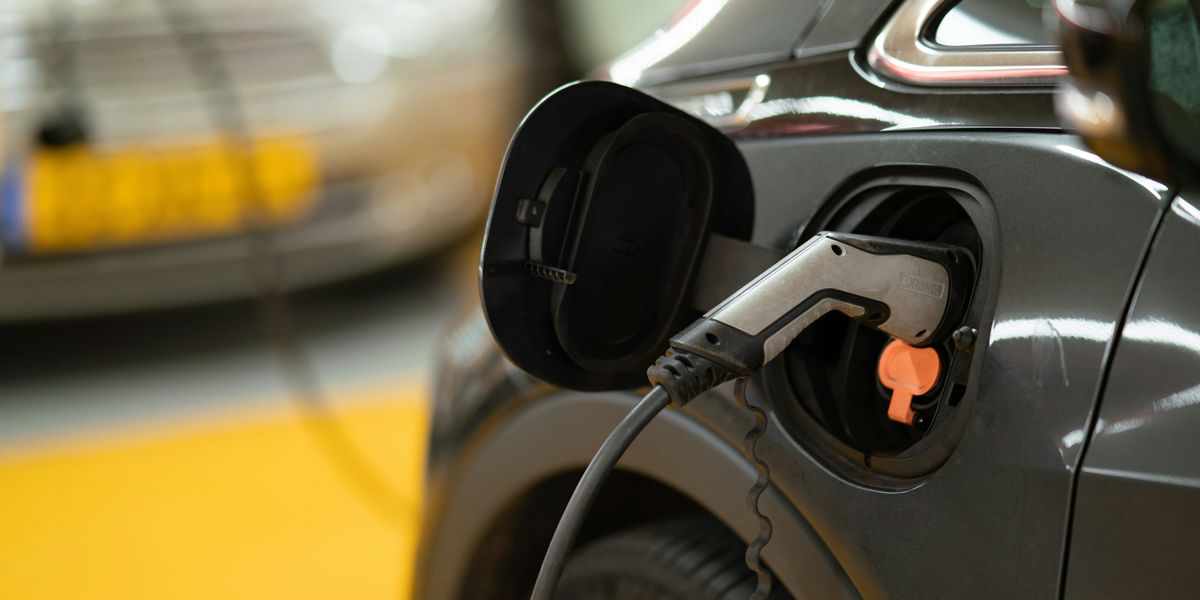
Electric vehicles and the debate over air quality
In a deep dive into the environmental impact of electric vehicles, Jasper Jolly for the Guardian explores the complex issue of whether the shift to electric could worsen air pollution due to particulate emissions from brakes and tires.
Jasper Jolly reports for The Guardian.
In short:
- Electric vehicles eliminate engine emissions but their heavier weight raises concerns about increased particulate pollution from tire and road wear.
- Studies suggest EVs produce less brake particulate matter thanks to regenerative braking systems, but their impact on tire and road wear remains debated.
- Efforts to mitigate tire pollution include innovative solutions like the Tyre Collective's electrostatic device to capture and recycle tire particles.
Key quote:
"You can’t really claim the title of zero-emission vehicle if there are all these non-exhaust emissions."
— Hanson Cheng, founder of the Tyre Collective.
Why this matters:
While EVs drastically cut down on emissions that contribute to global warming and smog, they aren't entirely free of environmental impact. A growing body of research points to the particulate emissions from tire and brake wear as an overlooked concern. To address the particulate emissions challenge, researchers and manufacturers are exploring innovative solutions, including the development of less abrasive brake materials and tires designed to wear down less.
For another perspective, read Tatiana Height’s piece arguing that expanding electric vehicle access will help improve air quality and mobility in low-income communities plagued by environmental racism.













